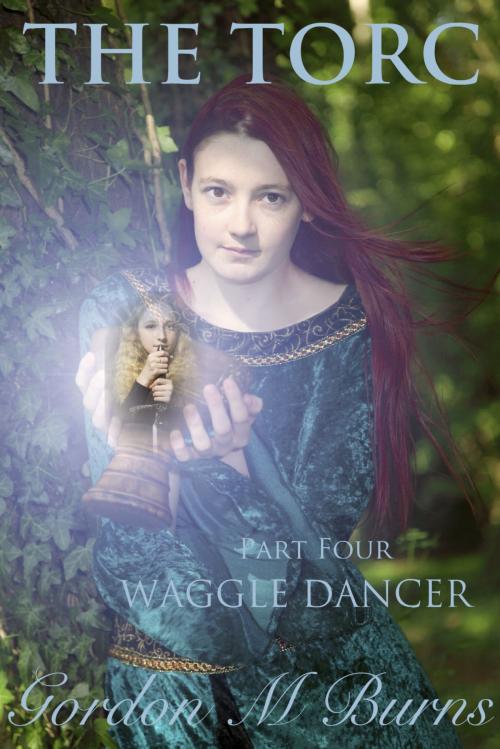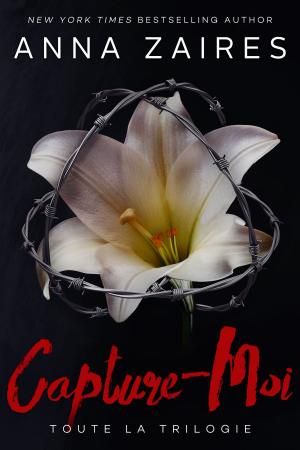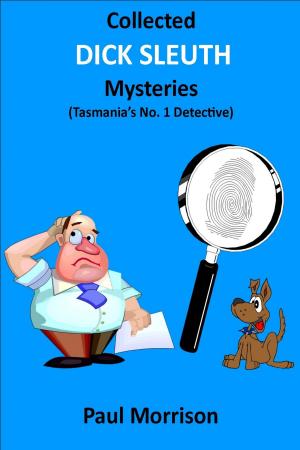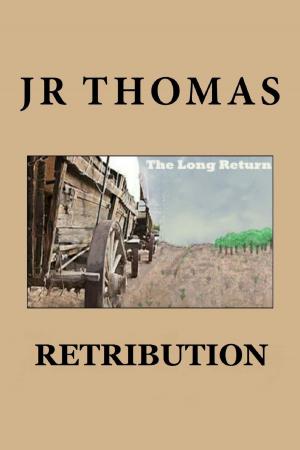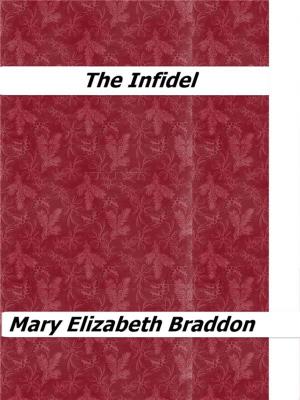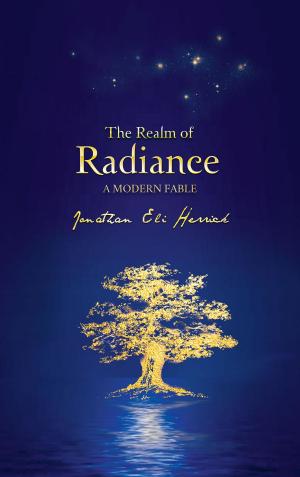The Torc Part Four Waggle Dancer
Science Fiction & Fantasy, Historical, Fiction & Literature, Action Suspense| Author: | Gordon M Burns | ISBN: | 9781311141729 |
| Publisher: | Gordon M Burns | Publication: | October 1, 2014 |
| Imprint: | Smashwords Edition | Language: | English |
| Author: | Gordon M Burns |
| ISBN: | 9781311141729 |
| Publisher: | Gordon M Burns |
| Publication: | October 1, 2014 |
| Imprint: | Smashwords Edition |
| Language: | English |
In Waggle Dancer, the nature and meaning of Arianwyn’s life through the purpose of Grainne clarifies - horned upon misogyny, perfection cannot be realised yet what alternative can femininity provide? Questions which, Arianwyn - increasing idolised by a close band of mainly young women - fights to answer in her emergence from a from a weak and dumb-struck past marked by disappointment, neglect and interference. In reply, she kindles a vestal feminine-force within her and tunes it into a love-inspiring instrument, joyous in its pleasure in challenging a world ruled by unpredictable men. All of who are unsurprisingly decipherable through greed, lust, a yearning to be worshiped and a wary condemnation of womankind. However, must that be and can she really believe she is unimpeachable?
Perhaps, Grainne inspired, Arianwyn can overcome the essence of an Empire that summons powerful forces to act against her through the emperor’s fascination for her. The empress and she are drawn emotionally together and more people, again young woman, are willing to entrust themselves to her vision of an utopian Pictavia in the north where woman can excel. Arianwyn proves herself to be a masterfully strategist against men, yet not all goes well. Secretly she wonders how she and Talorcan can find love now that the intimacy growing between her and Grainne is providing her with all the physical and emotional fulfilment she requires. In the dim of the midsummer night’s ever-grey, Arianwyn becomes unfocused. Further questions arise concerning her assumption of her own purity and piety. Is she a Silver Queen or just another plain and eternally flawed female, empty of fortitude, downtrodden in vision, tied to the life-cycle of her blood and unable to rise for long above male domination? Reliance on that myopic mastery - where the mystery of meaning is only to set seed that shall, like all women, wither and die without her petals ever being held in tenderness at flowering - is not for her. However, as war and plague stalk the world, from whence will come her strength to win beyond this turmoil?
In Waggle Dancer, the nature and meaning of Arianwyn’s life through the purpose of Grainne clarifies - horned upon misogyny, perfection cannot be realised yet what alternative can femininity provide? Questions which, Arianwyn - increasing idolised by a close band of mainly young women - fights to answer in her emergence from a from a weak and dumb-struck past marked by disappointment, neglect and interference. In reply, she kindles a vestal feminine-force within her and tunes it into a love-inspiring instrument, joyous in its pleasure in challenging a world ruled by unpredictable men. All of who are unsurprisingly decipherable through greed, lust, a yearning to be worshiped and a wary condemnation of womankind. However, must that be and can she really believe she is unimpeachable?
Perhaps, Grainne inspired, Arianwyn can overcome the essence of an Empire that summons powerful forces to act against her through the emperor’s fascination for her. The empress and she are drawn emotionally together and more people, again young woman, are willing to entrust themselves to her vision of an utopian Pictavia in the north where woman can excel. Arianwyn proves herself to be a masterfully strategist against men, yet not all goes well. Secretly she wonders how she and Talorcan can find love now that the intimacy growing between her and Grainne is providing her with all the physical and emotional fulfilment she requires. In the dim of the midsummer night’s ever-grey, Arianwyn becomes unfocused. Further questions arise concerning her assumption of her own purity and piety. Is she a Silver Queen or just another plain and eternally flawed female, empty of fortitude, downtrodden in vision, tied to the life-cycle of her blood and unable to rise for long above male domination? Reliance on that myopic mastery - where the mystery of meaning is only to set seed that shall, like all women, wither and die without her petals ever being held in tenderness at flowering - is not for her. However, as war and plague stalk the world, from whence will come her strength to win beyond this turmoil?
